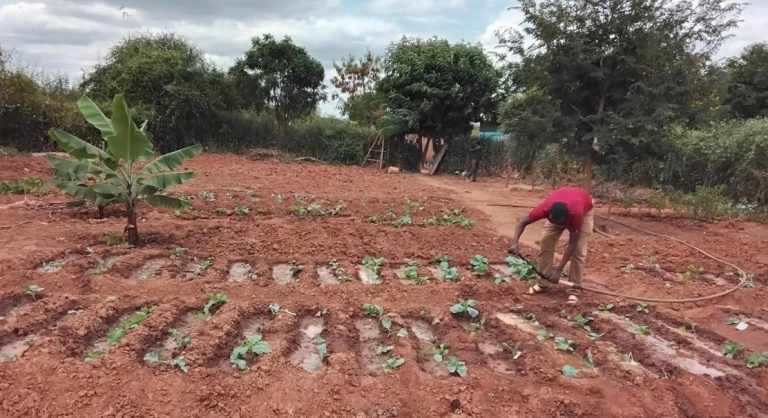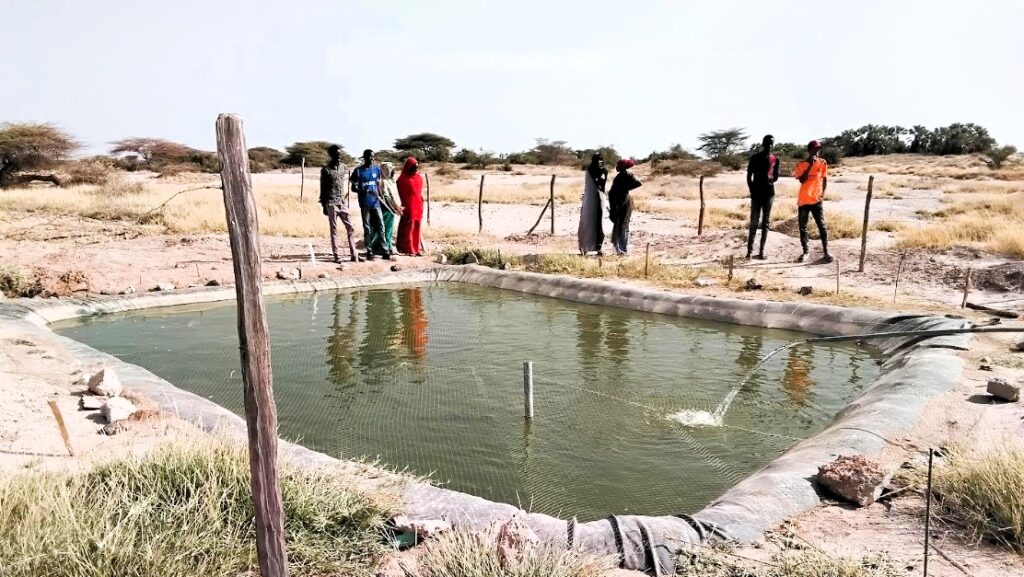Marsabit County is witnessing a quiet transformation as pastoralist communities embrace aquaculture as a sustainable solution to recurrent droughts, floods, and food insecurity. Traditionally reliant on livestock, these communities have endured devastating losses due to prolonged dry spells and erratic rainfall that have decimated herds and pastures. Crop farming initiatives have similarly struggled, prompting a shift towards fish farming as a climate-resilient alternative.
In recent years, local authorities and partners have championed aquaculture as a key climate adaptation strategy. Smallholder fish farming has gained traction in arid areas such as North Horr, Moyale, and Saku, where tilapia ponds are being established with impressive results. Cultural barriers that once discouraged fish consumption are being dismantled through awareness campaigns and hands-on training, fostering a growing acceptance of fish as both food and income.
One notable example is the Chalbi Rural Development Initiative, where a 40-member self-help group runs tilapia ponds stocked with 500 fish. Members not only enjoy improved nutrition but also earn dividends from fish sales that support school fees and small businesses. For many, the switch from livestock to aquaculture has brought dignity and stability after years of hardship.

Fish farming in Marsabit is proving to be less labor-intensive and more time-efficient than traditional pastoralism. The ponds are typically supplied with water from boreholes, springs, and rainwater harvesting systems, making them viable even in dry zones. Tilapia, known for its disease resistance and adaptability to hot climates, thrives in these conditions.
The number of fish farmers has surged from just 15 to over 100 in three years. Many now buy fingerlings locally, reducing costs and improving survival rates. Technical institutes are also integrating aquaculture into their curricula, with students taking the lead in promoting fish farming in their communities.
Eateries in towns like Moyale have seen a spike in fish demand, with tilapia emerging as a more affordable alternative to beef. While challenges remain, particularly the high cost of fish feed, plans are underway to establish local feed mills to cut dependency on distant suppliers.
Aquaculture in Marsabit is steadily reshaping livelihoods, offering a climate-smart, cost-effective pathway to food security and economic resilience.

